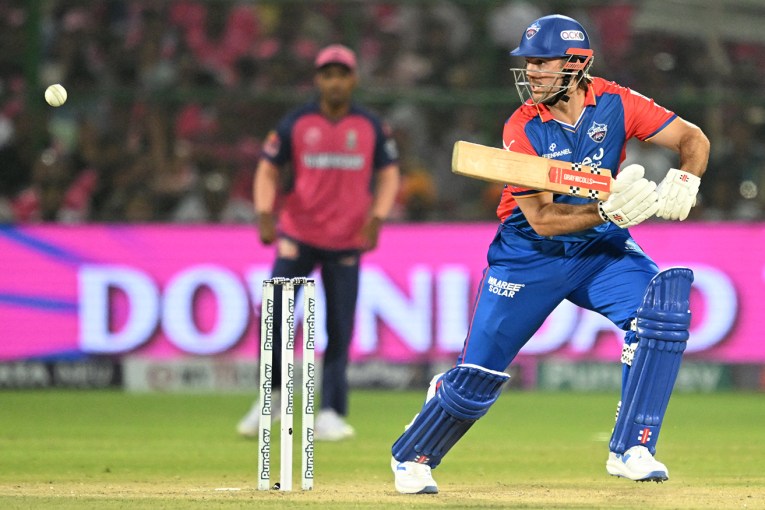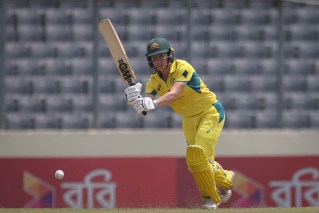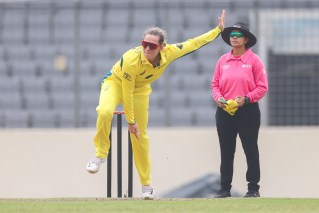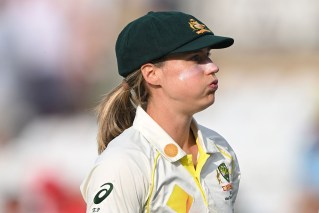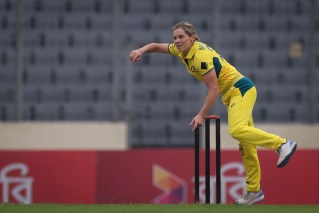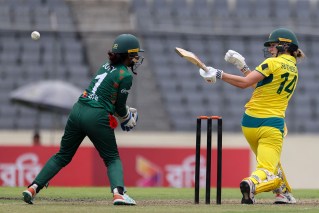Inventors claim their hush-hush ‘smart’ cricket ball will stump tamperers

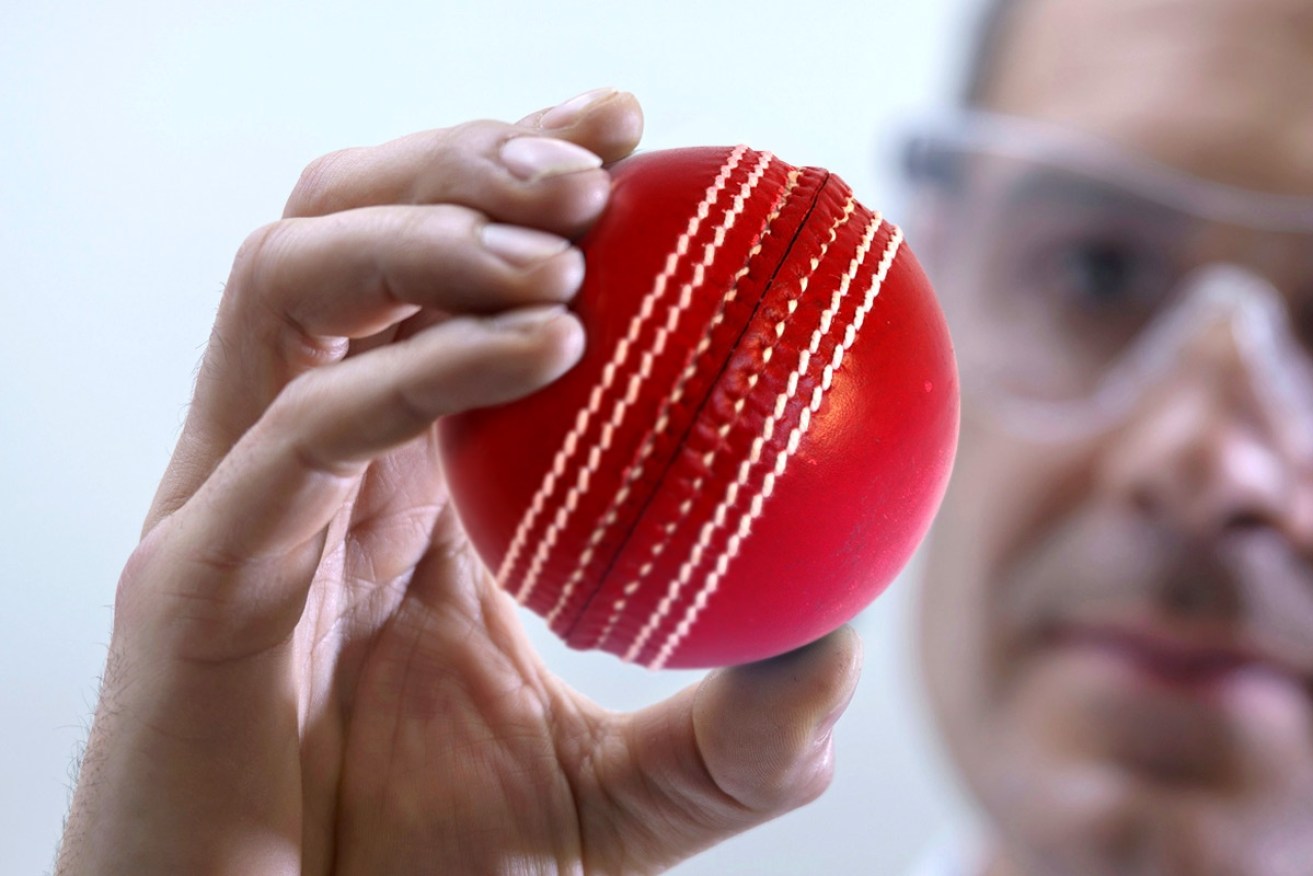
The ball contains an embedded microcamera to help identify untoward behaviour.
It’s come too late to save the reputations of Australia’s leading Test cricketers, but new technology developed by Melbourne scientists is likely to end ball tampering in time for next year’s Ashes Test series.
Final testing has begun on a new ‘smart ball’ that will not only resist tampering but will alert umpires when a player attempts it.
“We’ve been working on this for several years now, but we’ve fast-tracked it because of the events in South Africa,” one of the lead researchers told The New Daily. He requested anonymity to avoid breaching confidentiality agreements.
At the heart of the new technology is a microchip, a camera and a chemical treatment which will all be incorporated into the new ball.
The microchip will respond to any exaggerated impacts, such as gouging, while the chemical makeup will release a special dye that will change the color of the ball if normal degradation is accelerated.
It will be particularly sensitive to sweetened saliva and gouging, both popular techniques with tamperers.
The camera, a miniaturised version of the Nine Network’s Stump Cam, will feed live images to the third umpire during play.
“We believe this will end ball tampering forever,” said the researcher, who works at one of Australia’s leading universities.
“In effect it will be a three-way system. You might be able to beat one of the safeguards, but you probably won’t beat two – and you certainly won’t beat all three.”

Former Australian captain Steve Smith, his former deputy David Warner and Test opener Cameron Bancroft were all sanctioned this week for tampering with the ball during the third Test in Cape Town against South Africa.
Under the rules of cricket it is illegal for a player to artificially alter the condition of the ball, but it is often undertaken in order to induce reverse swing.
The three Australian players admitted to using sandpaper to alter the ball during the Cape Town Test and will serve playing bans of up to a year as a result. The new high tech ball would have reacted immediately to sandpapering, researchers say.
The smart ball is the first high-tech attempt to rid the game of one of its most contentious issues.
It is estimated that each high tech ball will cost about $2000 to manufacture, but cricketing bodies worldwide believe it is a small price to pay to restore the reputation of Test cricket.
Australian and British authorities are pressing researchers to complete their work by April 1 next year so that the new balls can be used during next year’s Ashes series, which begins in July, 2019.
Ironically, the three banned players will all be eligible to play in the first Ashes Test in England, probably against a ball developed to thwart the tactics that led to their ousting from the game.
